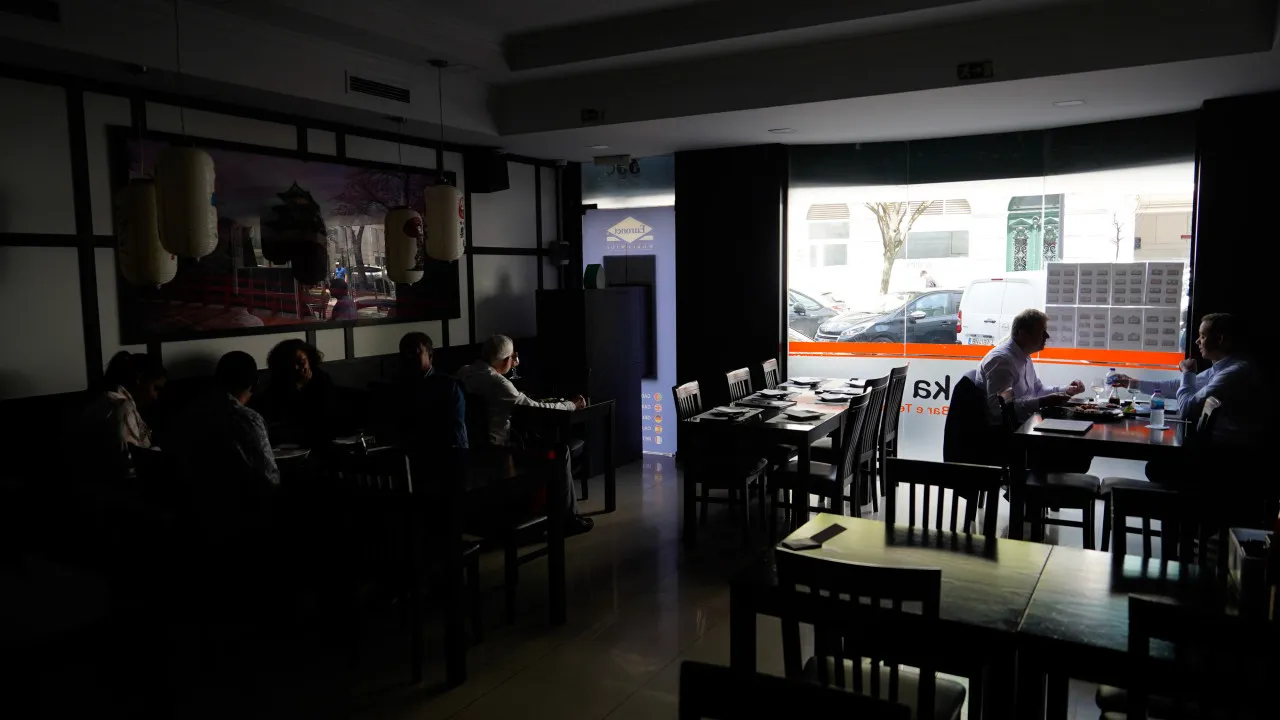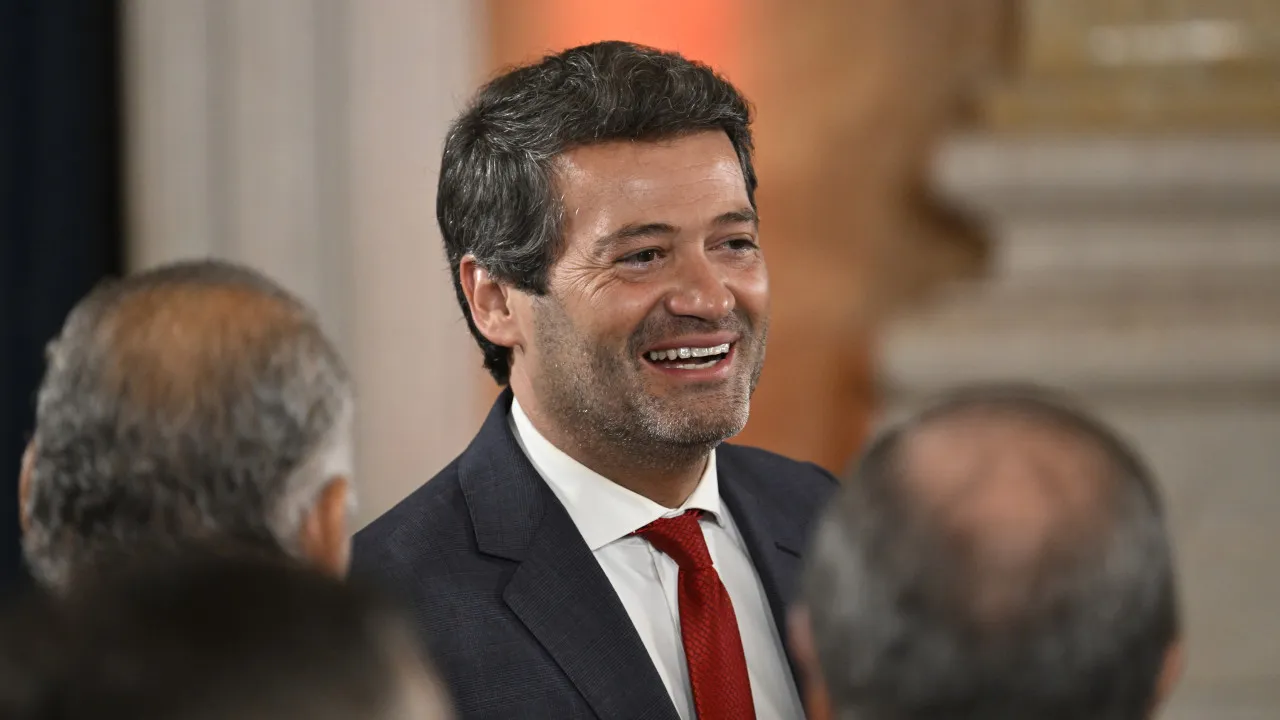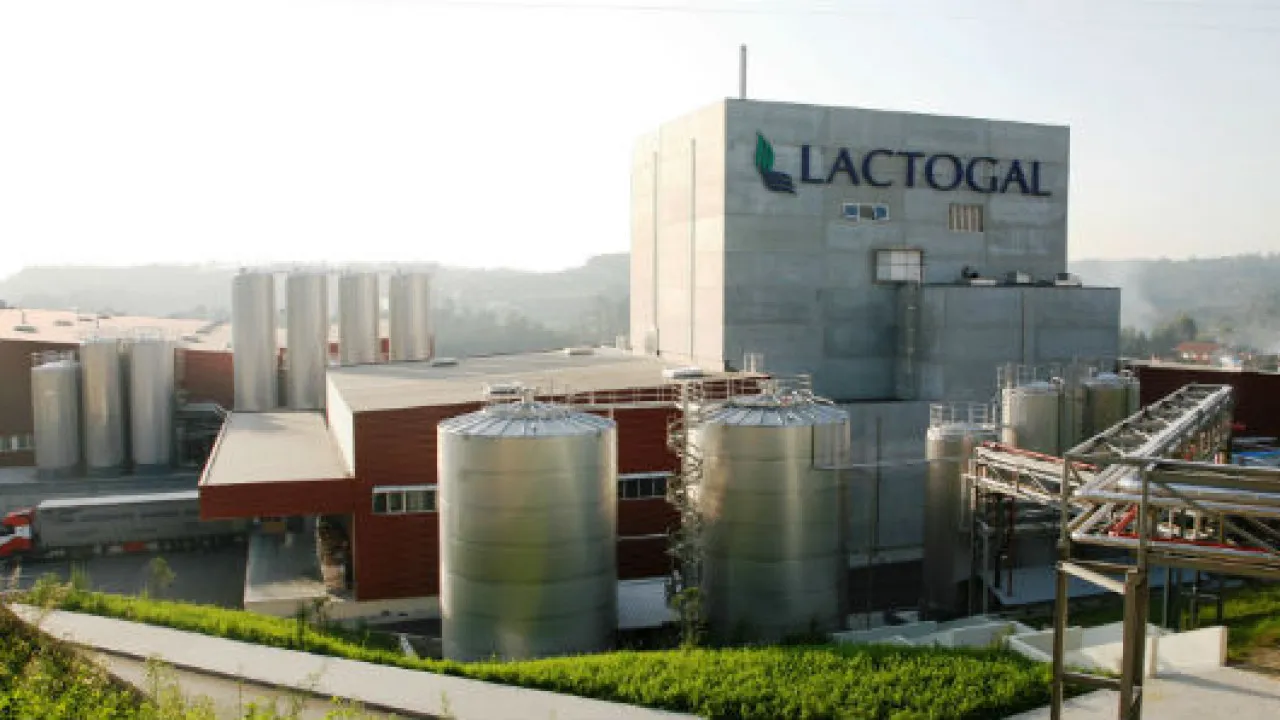
In statements to Lusa, Pedro Vaz, the coordinator of the PS Parliamentary Group in the commission, outlined that the initiative aims to “deepen the discussion on the incident, prevent future failures, and issue recommendations based on technical data.”
Pedro Vaz recalled that PS opposed Livre’s proposal to create a parliamentary inquiry committee on the subject, believing that “a working group is the most appropriate tool.”
By consulting entities with responsibilities in the matter and accessing reports on the topic, the newly approved working group will analyze the response of national critical infrastructures during the blackout, assess the resilience of the electrical system, and evaluate the adequacy of the emergency measures activated.
For the Socialist Party’s Parliamentary Group, “it is essential to establish a working group on the blackout to clarify all existing doubts with the highest possible transparency. Only then can we determine what legislative changes or new solutions we should implement to reduce the risk of blackouts and strengthen energy interconnections between Europe and the Iberian Peninsula,” reads the request approved today in parliament.
The Spanish Government released conclusions last month from the commission it created to investigate the causes of the incident, pointing to a “combination of factors” that led to a high voltage overload the electrical system could not absorb, despite the existing installed capacity.
Madrid attributed responsibilities to “poor planning” by Red Eléctrica de España and failures in response by energy-producing companies, some of which are suspected of not following the defined protocols for emergency situations.
Red Eléctrica rejected the accusation of poor planning, attributing the failure exclusively to the energy producers. Meanwhile, Aelec, representing companies such as EDP, Endesa, and Iberdrola, blamed poor network operator management for failing to control voltage fluctuations.
Despite differing views on responsibility, there is consensus that the incident resulted from failures in controlling overloads, even though there was enough infrastructure to prevent the collapse.
At the European level, the Agency for the Cooperation of Energy Regulators (ACER) is conducting an independent audit, with conclusions expected by the end of the year.
The Portuguese Government announced the presentation of a package of measures to strengthen the national electrical system’s security on July 28th, marking three months since the blackout.
According to the Minister of Environment and Energy, Maria da Graça Carvalho, the aim is “to act already based on the preliminary technical conclusions and prepare the country to avoid or minimize future impacts.”
Planned measures include enhancing energy storage, doubling the number of plants capable of autonomous network restart (‘black start’), moving from two to four, and accelerating licensing for energy communities and self-consumption projects.
Solutions are also being explored to improve the resilience of critical infrastructures, such as health units and communication systems, particularly through the installation of renewable energy production systems with batteries.




